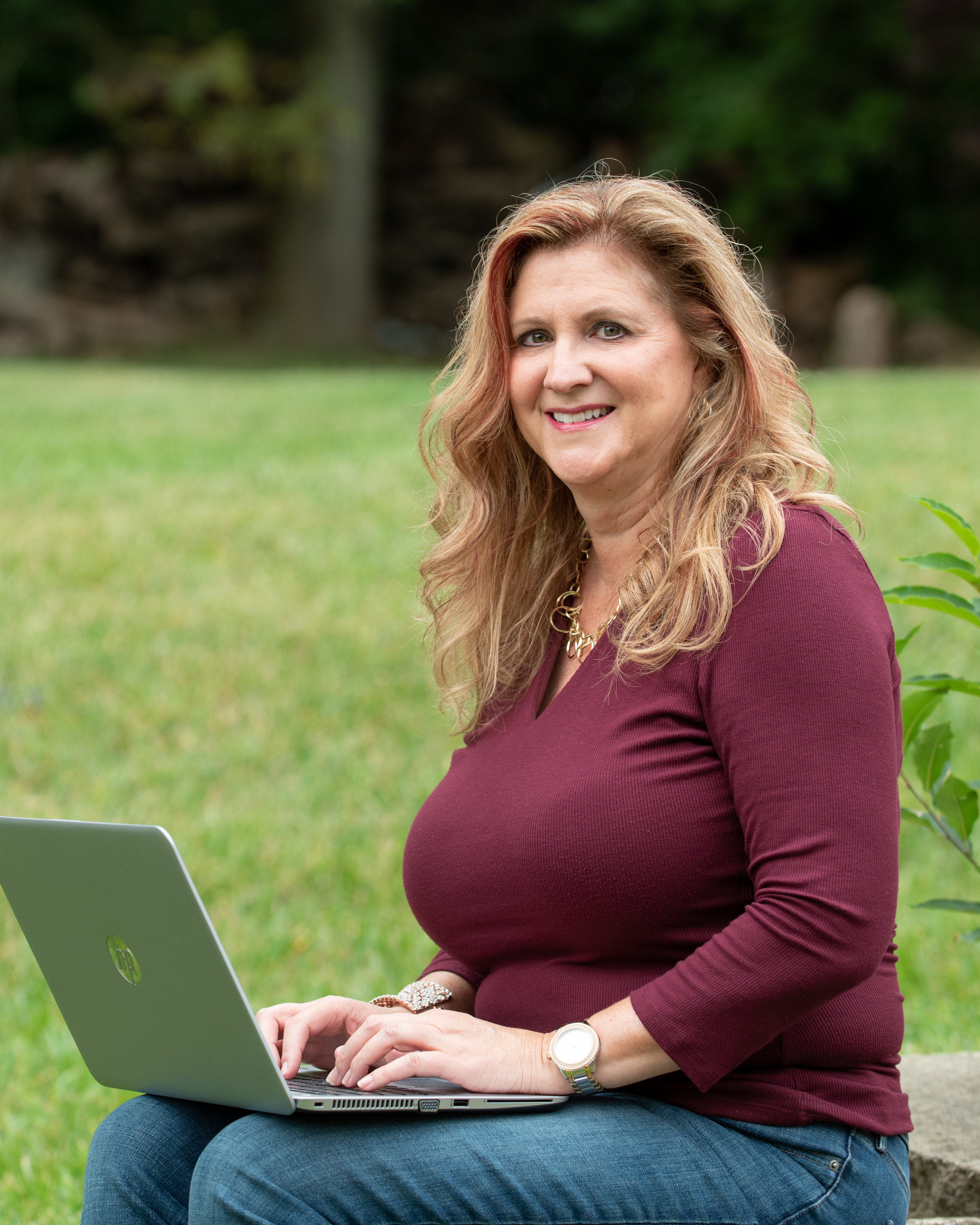Get to know Susie Maloney-Newton, MS, APRN, ONS Leadership Development Committee member from 2019–2022 and an advanced practice nurse for Dayton Cancer Center in Ohio.

How long have you been a nurse?
I graduated with my BSN, my original RN degree, in 1990. I graduated from my master’s program in 1995.
What led you to oncology nursing?
My cousin was an oncology nurse and loved it. She is still working as an infusion nurse today, and she influenced me 35 years ago. I “name dropped” her when I applied for position as a nursing assistant when I entered college and got the job. I worked night shift as a clinical nurse educator on an oncology unit for all four years that I was working on my BSN.
What was your first experience with ONS?
I worked a year as a med-surg nurse when I graduated from nursing school. We got all the head and neck surgery patients, and I realized that my heart will always be in oncology. I got a job at another hospital as the oncology educator and because of that role, I was able to go to ONS Congress™ in 1992. I was hooked and have been a member ever since.
What role has ONS served in your career?
I was chosen to participate in the FIRE® course (Fatigue Initiative through Research and Education) in 1994, I believe it was. That was my first involvement in a national ONS project, and I was amazed at the caliber of my colleagues and of the course itself. From there, I volunteered to be an item writer for the Oncology Nursing Certification Corporation (ONCC), became the ONCC Newsletter editor, and held many other volunteer positions. I decided to run for a national ONS Board position in 2012 and was elected as a director-at-large in 2013.
What relationships and connections have you made through ONS that you would not have found otherwise?
I have been privileged to have so many mentors through ONS over the years. Some have helped with publishing, some with speaking opportunities, some with overall leadership activities. I have also been honored to serve as a mentor to many and received the Connie Henke Yarbro Excellence in Cancer Nursing Mentorship award from the Oncology Nursing Foundation.
How did you get involved in ONS leadership?
I was a cofounder of an ONS chapter in progress and then a chapter in Sarasota, FL, and have been active with my local West Central Ohio ONS Chapter since 1997. Serving in my local chapters gave me the confidence to become more and more involved on a national level.
What has been your proudest moment as an oncology nurse?
I am coeditor of ONS’s Telephone Triage for Oncology Nurses textbooks. Publishing the first edition was one of my proudest moments. I have since published two other oncology nursing textbooks, and it is amazing to work with so many fine authors and hear from other nurses about how helpful the books have been.
What is your biggest challenge in oncology nursing today, and how can ONS help?
I think that engaging new leaders on the chapter level is becoming more and more of a challenge. Many chapters struggle in this area, and ONS helps by assisting chapters in activities and hosting a leadership weekend each year. Perhaps more outreach throughout the year could be beneficial.
What word would you say describes you?
Networked. One of my colleagues once said he tells people, “If you haven’t worked with Susie yet, you will at some point in your career.”
What was your best travel experience and why?
In 2009, I applied through ONS to teach a palliative care course in Muscat, Oman, in the Middle East. It turned out to be the most profound experience of my career. The nurses there had no idea what palliative care even was. We were invited back the following year to teach a more focused course, and I ended up teaching a total of seven courses there over eight years. A country that started with no baseline knowledge now has palliative care units, even in remote villages, and I was able to develop close relationships with nurses across the globe.





